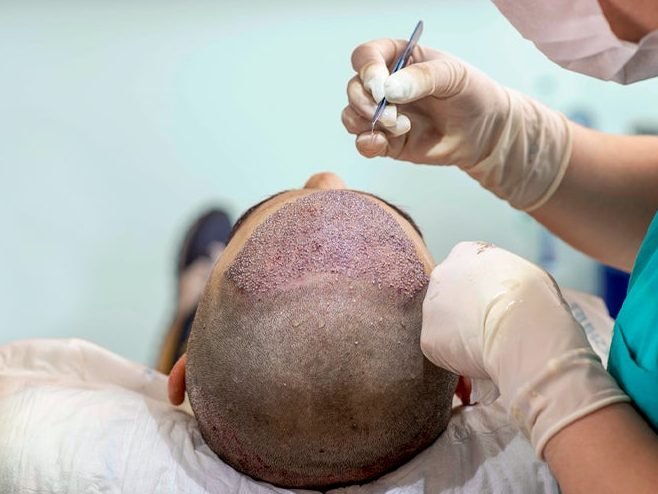
Hair transplant recovery is an important part of the hair transplant surgery process. It is important to understand the recovery process and what to expect so that you can best prepare for it.
The recovery process begins immediately after the surgery, and the first few days are the most important. During this time, it is important to follow the instructions of your surgeon and take the prescribed medications. You may experience some swelling, tenderness, and redness in the area where the hair follicles were harvested. This is normal and should subside within a few days.
You should avoid any strenuous activity or exercise for at least one week after the surgery. It is also important to keep the area where the follicles were harvested clean and dry. You should not wash or wet the area for the first two days after the transplant. After the two days, you can gently wash the area with a mild soap and warm water.
You may also experience some itching or burning in the area where the follicles were harvested. This is normal and should subside within a few days. You should not scratch or rub the area as this can lead to infection.
After the first week, you may begin to see some hair growth. This is normal and is a sign that the transplant is successful. It may take up to six months for the transplanted hair to fully grow in.
It is important to remember that the recovery process can vary from person to person. Some people may experience more swelling and redness than others, while some may experience less. Everyone’s recovery process is different.
It is also important to follow-up with your surgeon after the surgery. This is to ensure that the transplant was successful and to make sure that no complications have occurred. The surgeon may also provide additional instructions to help with the recovery process.
Overall, hair transplant recovery is an important part of the hair transplant surgery process. It is important to understand the recovery process and what to expect so that you can best prepare for it. Following the instructions of your surgeon and taking the prescribed medications can help ensure a successful transplant and a smooth recovery.